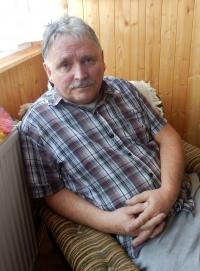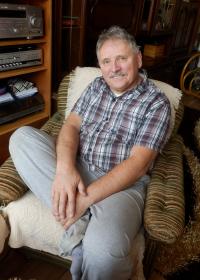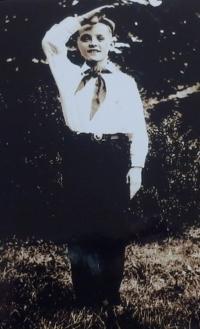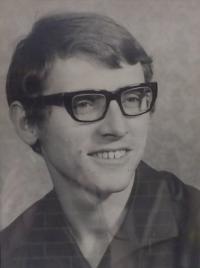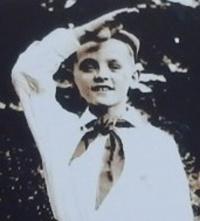I refused to inform on people for the StB or to enter the Communist Party
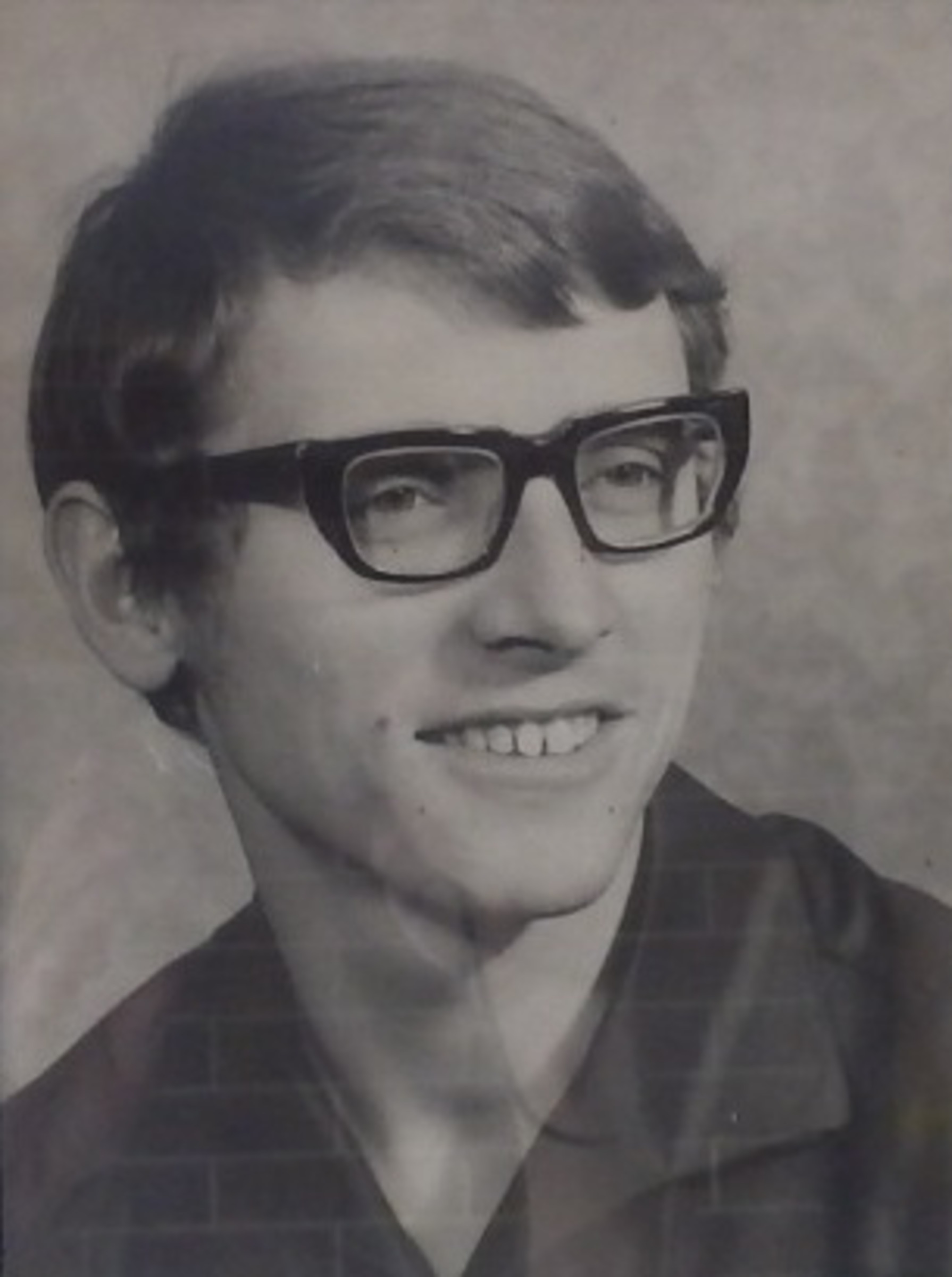
Stáhnout obrázek
Ivan Stránský was born on 21st June 1946 in Dřetovice, Kladno area. Shortly after 21st August 1968 he became the youngest member elected to the board of directors of Vagonka Česká Lípa where he had worked as an electrical technician. Between the years 1969 and 1970, the board was dissolved for being too right-wing and opportunistic. The StB was pushing Ivan Stránský towards cooperation through a deputy for background screening, which he absolutely refused. He moved with his wife to Teplice and started working as a constructor in a company called Somet. StB continued to exert pressure on him even there and his colleagues considered him to be an informer. He started suffering from severe depression and went through a mental breakdown. Following treatment he moved to Děčín with his wife and daughter. A divorce, new job, and a new partner followed. He worked in construction in a company called Narex Česká Lípa, and externally at the Institute of Physics of the Czech Academy of Sciences. He taught at a vocational secondary school in Česká Lípa for four years. Since 2011 he‘s been working on a freelance basis as an electrical designer. He was active in the communal politics of Česká Lípa for many years. He is the author and co-author of twelve patented inventions, he publishes technical articles and gives lectures at national and international conferences. He lives in Nový Bor in the Česká Lípa area.
